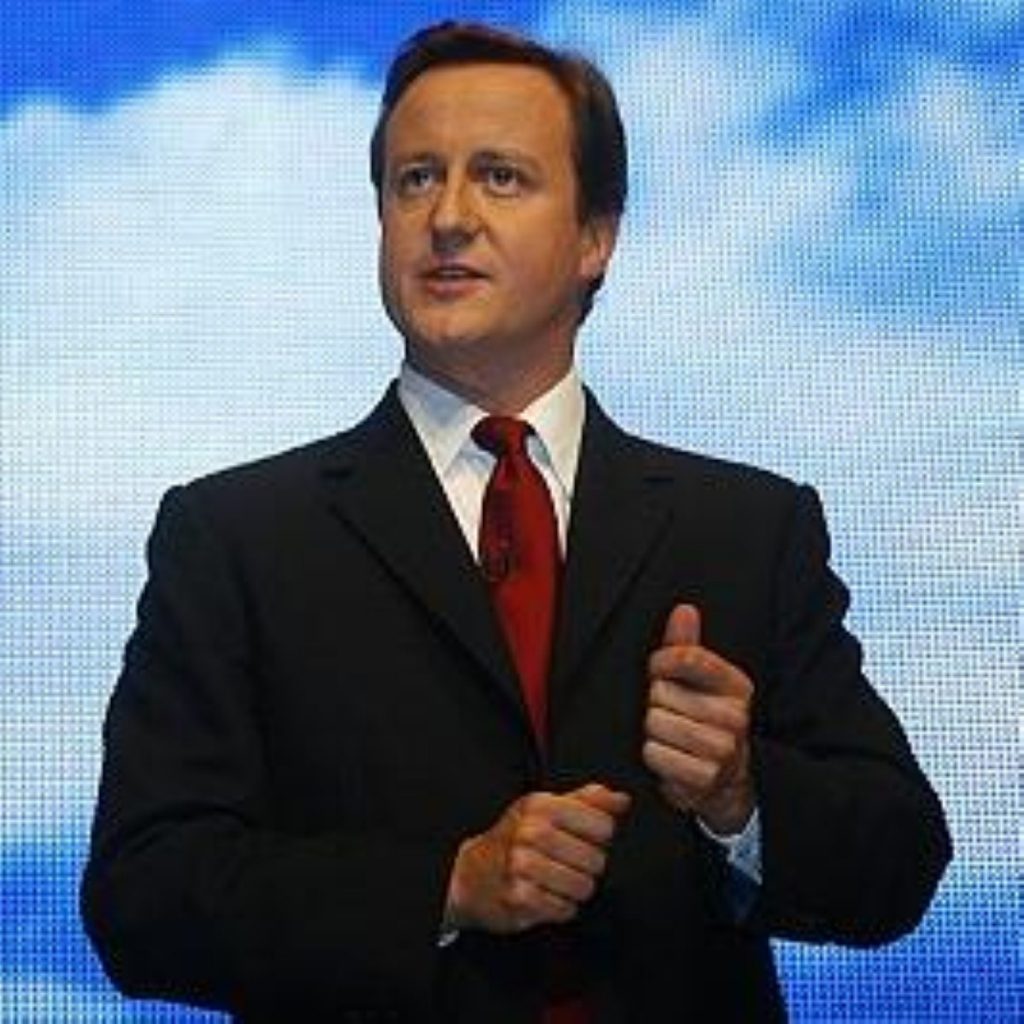Cameron plays up ‘national interest’ of EU membership
David Cameron has reaffirmed his commitment to remaining in the European Union, insisting Britain's ongoing membership helps it on the world stage.
The prime minister confirmed eurosceptics' suspicion that he is fundamentally sympathetic to the European Union project by insisting that the UK's involvement in the EU "is not national vanity- it is in our national interest".
Cameron is embarking on a lengthy negotiation with European authorities which he hopes will persuade the British people they should remain in the EU. Many Conservatives feel the process is guaranteed to fail, making it effectively a public relations exercise.
"The fact is that it is in international institutions that many of the rules of the game are set on trade, tax and regulation," Cameron said in a speech in Essex.


"When a country like ours is affected profoundly by those rules, I want us to have a say on them. That doesn't mean supinely going with the flow of multilateral opinion – the lowest common denominator approach to democracy, as we’ve seen in the past."
"Far from it. At the European Union we are prepared to stand up for Britain's interests with resolve and tenacity. In Europe, actions speak louder than words."
His decision to include the EU in a list of other global organisations Britain is involved in – including the UN, Nato, the Commonwealth and the WTO – is part of a bid to boost the UK's international standing ahead of the G8 summit in Northern Ireland's Lough Erne next week.
Cameron claimed credit for having cut the EU budget, got Britain out of the bailout mechanism and having vetoed an EU treaty.
He made only a fleeting reference to his promise of an in-out referendum on the UK's ongoing membership of the EU by the end of 2017 if he wins a general election, simply adding: "Our policy on the EU is clear."
The speech saw Cameron claim that action on the deficit, welfare cuts and "our under-performing education system" are the three "key areas of national weakness" being pursued by the coalition government.
Britain's outgoing policy of engagement with the rest of the world is portrayed as part of a bid to extend this resolve to the international sphere.
"In the modern world, you need to work every advantage you've got," he said on the EU.
"This is about boldly pursuing our interests – not by withdrawing from the world but engaging with it."

